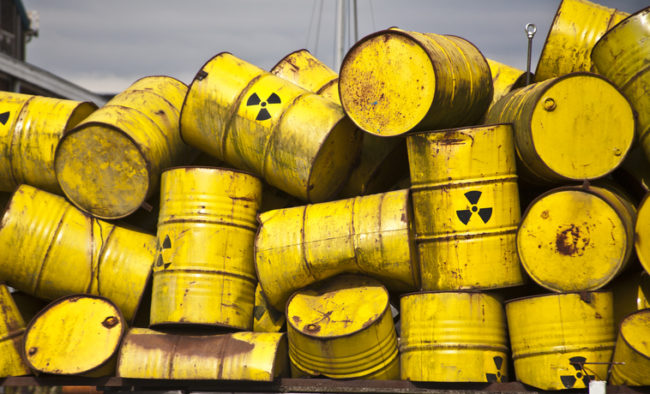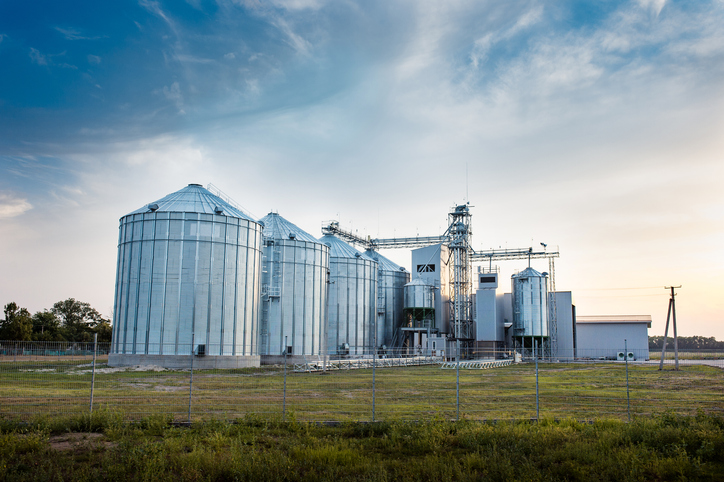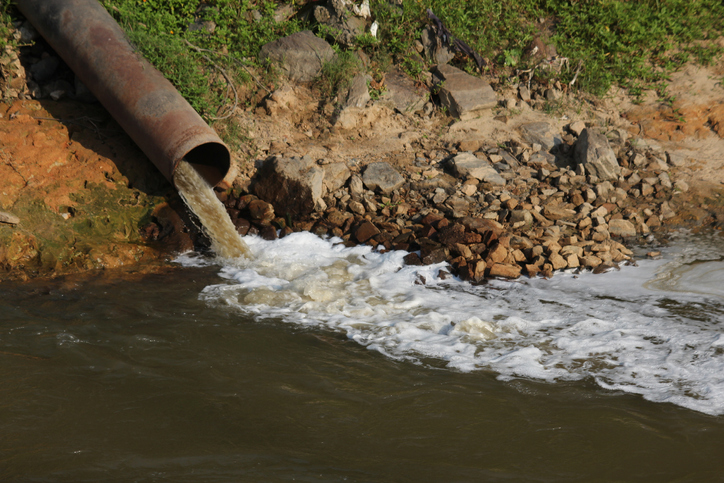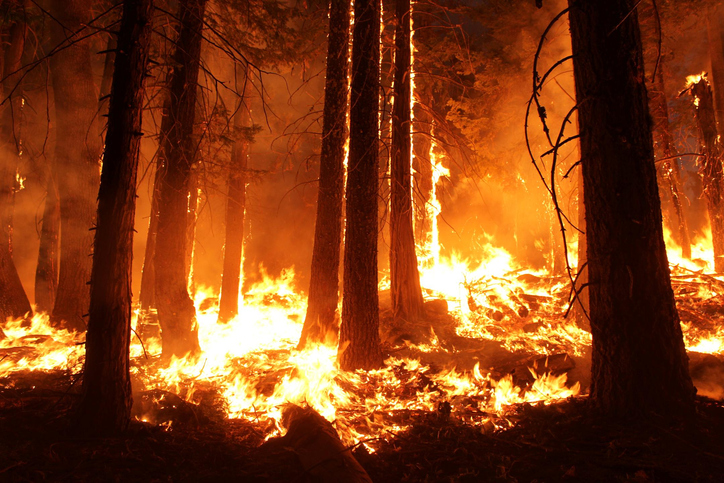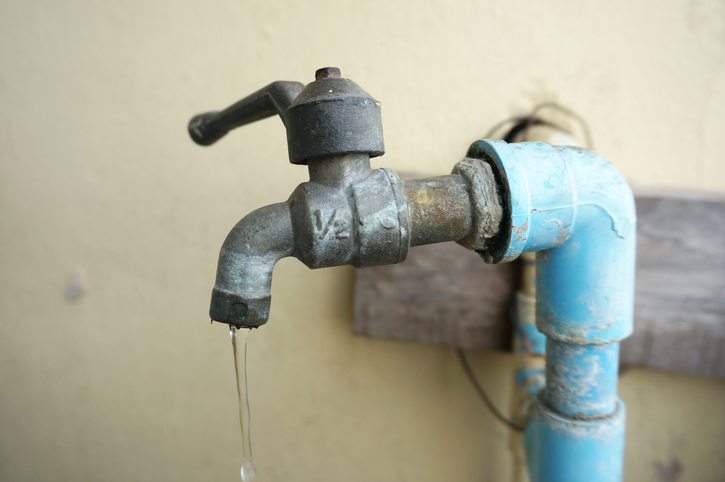Glyphosate litigation continues to grow apace. In addition to the massive numbers of personal injury cases based on exposure to the popular herbicide, on which we have reported previously, the plaintiffs have begun to file cases alleging deceptive trade practices against companies that market food products containing trace amounts of glyphosate with labels like “Natural” or “Pure”.
One such case was brought in federal court in New York against Florida’s Natural Growers, Inc. and its parent company, Citrus World, Inc., makers of Florida’s Natural …
Continue Reading


